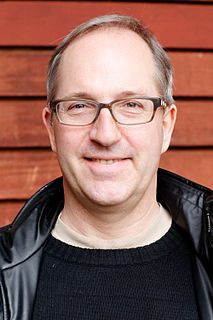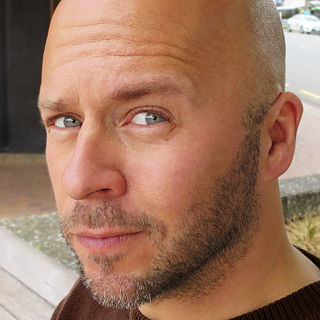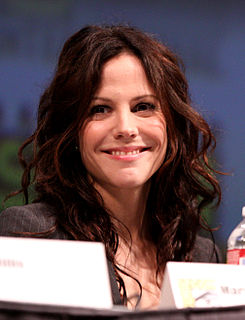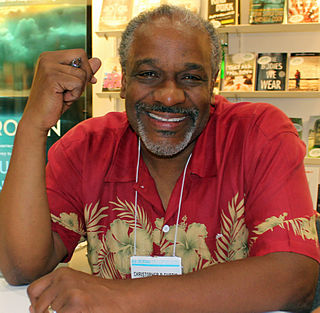A Quote by Sophie Irene Loeb
There are two kinds of trouble: The kind you have and the kind you haven't. There are but few of the first sort, but of the second there is no end.
Related Quotes
There are two different kinds of spectacular fighters. One is a subtle counter puncher who shows the work like chess. It's kind of an art, sports art. The other kind is when a guy has blood on all his body. That's a second kind of spectacular fighter, and people enjoy both. Both kind of fighters need to be respected.
There are two kinds of businesses: The first earns 12%, and you can take it out at the end of the year. The second earns 12%, but all the excess cash must be reinvested - there's never any cash. It reminds me of the guy who looks at all of his equipment and says, 'There's all of my profit.' We hate that kind of business.
Well, it seems to me that there are books that tell stories, and then there are books that tell truths... The first kind, they show you life like you want it to be. With villains getting what they deserve and the hero seeing what a fool he's been and marrying the heroine and happy endings and all that... But the second kind, they show you life more like it is... The first kind makes you cheerful and contented, but the second kind shakes you up.
There's one good thing about getting in trouble: It seems like you do it in steps. It seems like you don't just end up in trouble but that you kind of ease yourself into it. It also seems like the worse the trouble is that you get into, the more steps it takes to get there. Sort of like you're getting a bunch of little warnings on the way; sort of like if you really wanted to you could turn around.

































